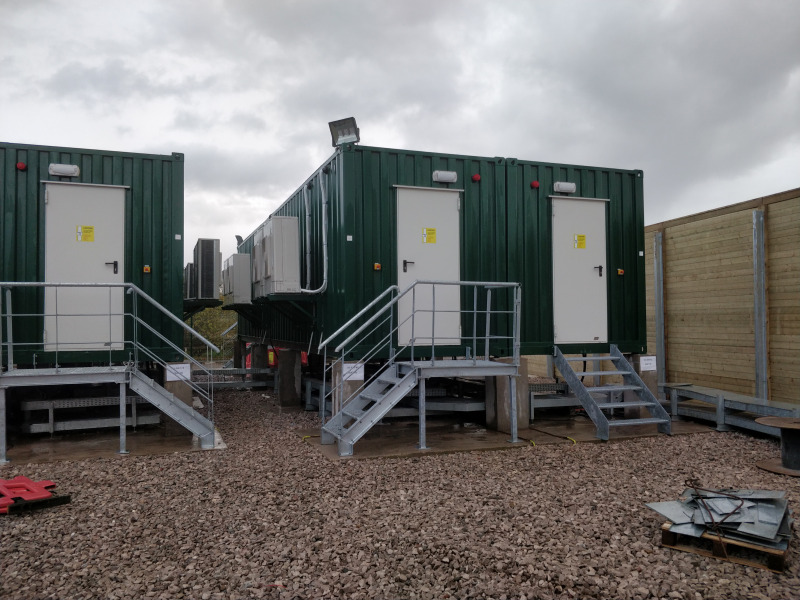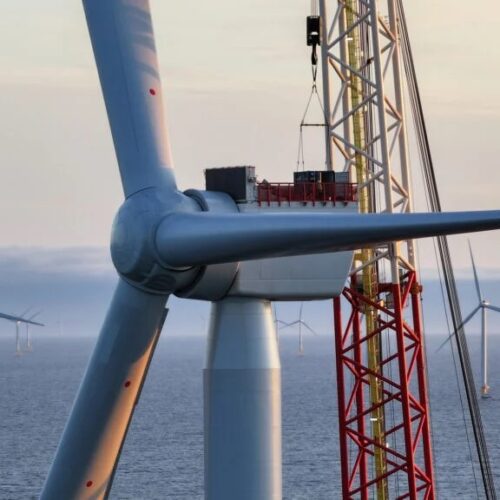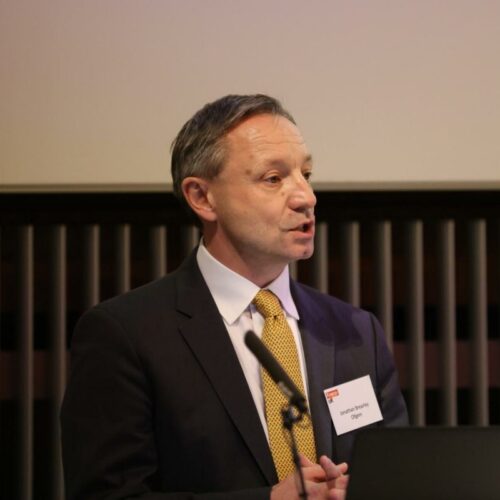According to Modo Energy, in December 2024, battery energy storage revenues in Great Britain reached their highest level since January 2023.
The market analytics platform recorded the highest monthly increase in four years, with revenues increasing by 65% from November to £84k/MW/year. Battery energy storage revenues in December more than doubled from January 2024, when revenues averaged £36k/MW/year.
Modo said the high revenues were primarily caused by high wholesale price spreads, which were up 32% in December, and record levels of balancing mechanism (BM) dispatches, with 141GWh dispatched across December.
Frequency response saw the largest increase in revenue, due to a 94% increase in frequency response clearing prices.
Total reserve revenues reached their highest-ever level after the new Quick Reserve service went live on 3 December, a fivefold increase on the previous record set in March 2024 when Balancing Reserve launched.
Gresham House revenues feel the benefit
As reported last week on our sister site, Solar Power Portal, Gresham House Energy Storage Fund (GRID) expects full year operational portfolio revenues of about £42 million.
The battery energy storage system (BESS) investment fund said that for the financial year ending 31 December 2024, its operational portfolio earnings before interest, taxes, depreciation, and amortisation (EBITDA) is about £29 million. This is up from £25.8 million as of the end of 2023.
Some of that increase has been due to new projects coming online, but GRID noted that a recovery in the wholesale market also drove growth and December was the strongest month of 2024 for battery dispatch rates in the BM. Net revenues in July and August were 25% higher than average net revenues in H1 2024.
The National Energy System Operator (NESO) delivered on commitments it made toward the end of 2024 to improve the methodology used in its control room, leading to battery dispatch rates rising from 10% in September to 14% in November.
In Q2 2025, NESO is expected to enable the control room to see a battery’s state of charge. When the control room is able to see the state of charge of a BESS, it could be dispatched for 89 minutes at a lower power level or up to full power for shorter periods, thus eliminating the need for the ‘30-minute rule’.
Ben Guest, fund manager of Gresham House Energy Storage Fund and managing director of Gresham House New Energy, said: “We have worked hard to highlight the industry’s issues; we are relieved to see NESO’s acceptance of these issues and appreciate the NESO team’s significant efforts to address them. There is more work to be done, and we look forward to seeing further progress.”






